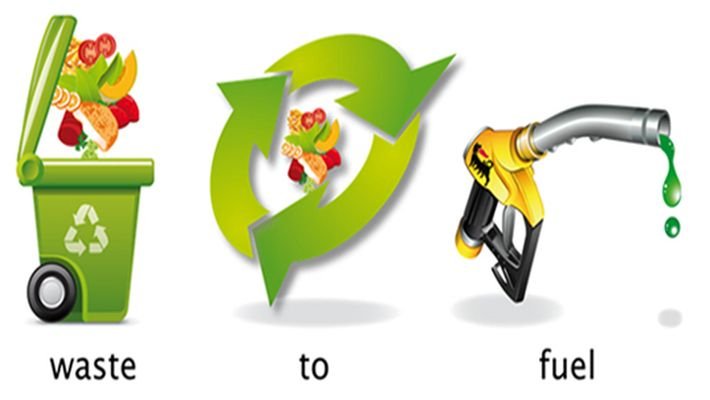Researchers at the India Institute of Technology Kharagpur are scripting a new roadmap for India’s biofuel demands by exploring efficient ways to produce them.
Biofuels is produced by organic wastes that are renewable and eco-friendly, unlike fossil fuels. They can be harnessed easily and can also be used in existing combustion engines after blending with petroleum diesel to various degrees. No separate transportation infrastructures would be required for such fuels.
Biohydrogen is the hydrogen produced from organic wastes. As a fuel, hydrogen has the highest energy density, yielding 143 kJ per gram. Compare that with diesel that yields about 48kJ per gram! It is also a clean fuel, emitting no poisonous gases when burnt, and is eco-friendly too. While natural hydrogen is abundant, it is easy to use the hydrogen produced by fermentation of organic wastes as fuel.
The centre-piece in the production of biohydrogen are the microorganisms that break up the carbohydrates in the organic wastes and produce hydrogen as a byproduct. Researchers found that Klebsiella pneumoniae, a lactose producing bacteria, produces hydrogen at a higher rate than other mesophilic organisms. It works best at an optimum temperature of 36 °C and a pH of 6.5.
Funded by the Ministry of New and Renewable Energy (MNRE—India), Defence Research and Development Organisation (DRDO—India), and the Department of Biotechnology the researchers have developed customised bioreactors to produce hydrogen continuously for use in fuel cells and other applications. They have built a prototype with a 20-litre bioreactor that uses agricultural residues.
The researchers are now vying for large-scale hydrogen production for commercial applications.
With natural sources of energy like the fossil fuels unable to quench the world’s energy demands, biohydrogen holds hopes of clean, green and cheap energy for the future.






